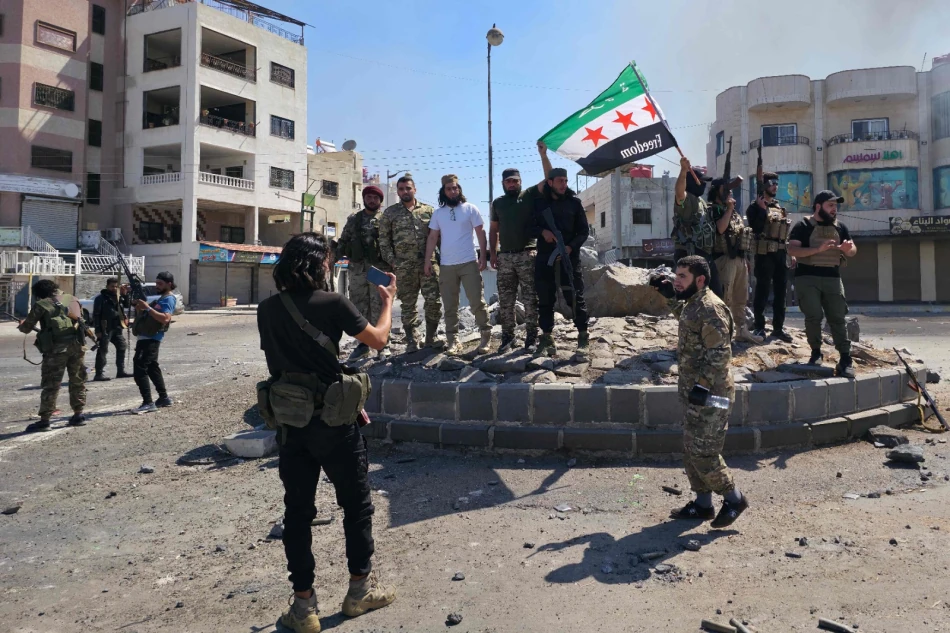
Ceasefire Restores Calm in Sweida After Military-Community Negotiations
Syria's New Defense Minister Brokers Fragile Ceasefire in Druze-Majority Suweida
Syria's Defense Minister Murhaf Abu Qasra announced a complete ceasefire in the southern city of Suweida on Tuesday, following negotiations with local dignitaries amid violent clashes and Israeli bombardment. The agreement marks a critical test for the new Syrian leadership's ability to maintain stability in the strategically important Druze-majority region.
Immediate Ceasefire Terms
In a statement posted on X (formerly Twitter), Abu Qasra directed all military units operating within Suweida to halt offensive operations immediately. The ceasefire agreement, reached after discussions with local tribal leaders and community elders, includes provisions allowing Syrian forces to respond only to direct fire from hostile sources within the city.
The announcement came just hours after Syrian government forces began entering Suweida, coinciding with intense fighting and Israeli airstrikes in the broader region. This timing suggests the new Syrian leadership prioritized rapid de-escalation over military confrontation.
Strategic Significance of Suweida
Druze Community Dynamics
Suweida's Druze population has historically maintained a complex relationship with Damascus, often seeking greater autonomy while avoiding direct confrontation with central authority. The Druze minority, comprising roughly 3% of Syria's population, has traditionally played a balancing role between various regional powers.
The community's strategic location near the Jordanian border and the Israeli-occupied Golan Heights makes Suweida a crucial buffer zone. Local leaders have previously resisted both government conscription efforts and extremist group infiltration, preferring to maintain their own security arrangements.
Regional Security Implications
The ceasefire agreement reflects broader regional tensions following recent changes in Syrian leadership. Israel's simultaneous bombardment during the Suweida operation indicates heightened concerns about weapons transfers and Iranian influence in southern Syria.
For Jordan, stability in Suweida directly impacts border security and refugee flows. The kingdom has historically maintained informal ties with Druze leaders, viewing them as a stabilizing force against extremist infiltration.
Testing New Leadership Approach
Abu Qasra's decision to negotiate rather than impose military control suggests a pragmatic approach to governance that differs from previous Syrian government tactics. This strategy acknowledges the Druze community's military capabilities and the high cost of prolonged urban warfare.
The emphasis on working with "dignitaries and notables" indicates recognition of traditional power structures that the new Syrian leadership appears willing to accommodate rather than dismantle.
Fragile Stability Ahead
While the immediate ceasefire provides breathing room, underlying tensions remain unresolved. The agreement's sustainability depends on the new Syrian government's ability to address Druze concerns about autonomy, security, and economic development without triggering broader regional instability.
The international community will closely monitor whether this negotiated approach becomes a template for managing other restive regions, or whether it represents a temporary accommodation under pressure from ongoing regional conflicts.
Most Viewed News

 Sara Khaled
Sara Khaled






